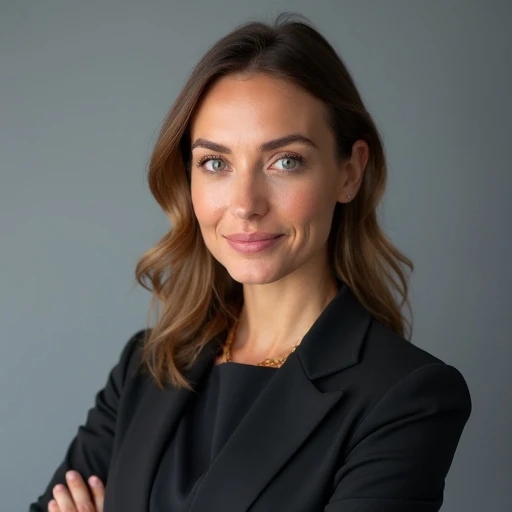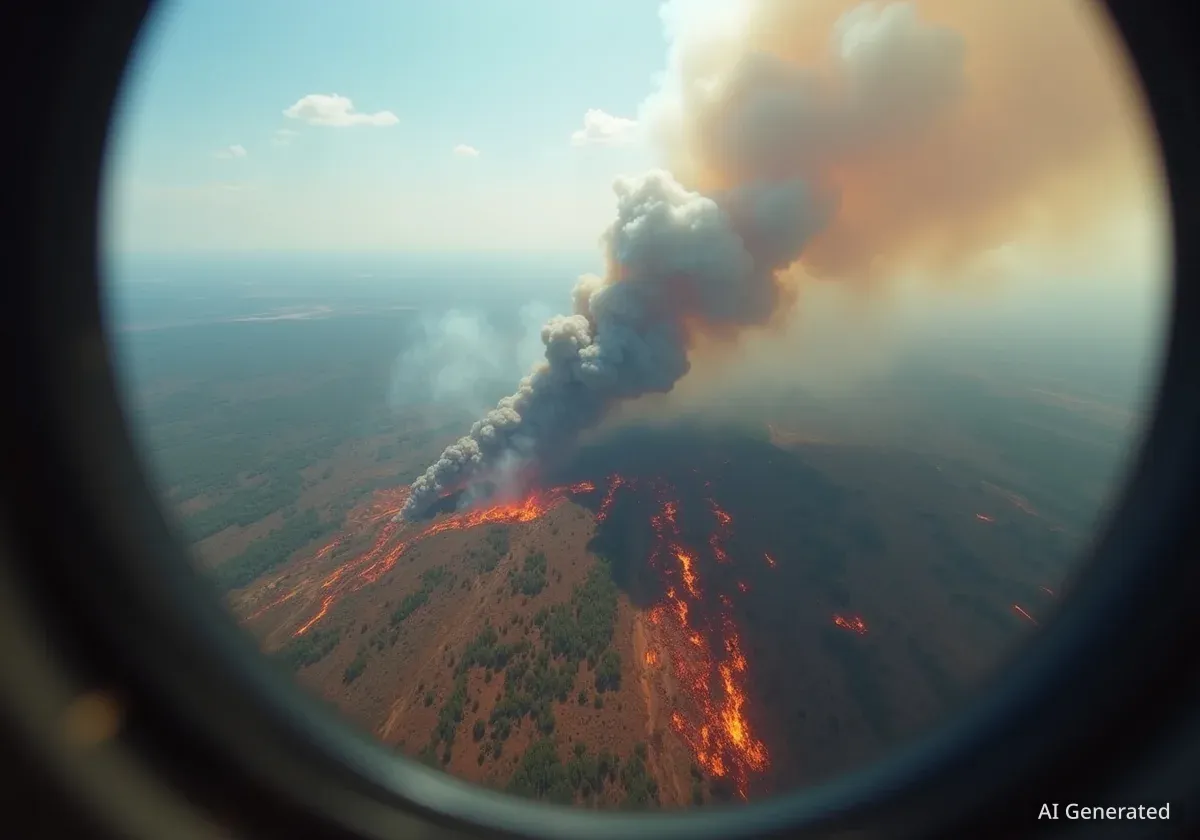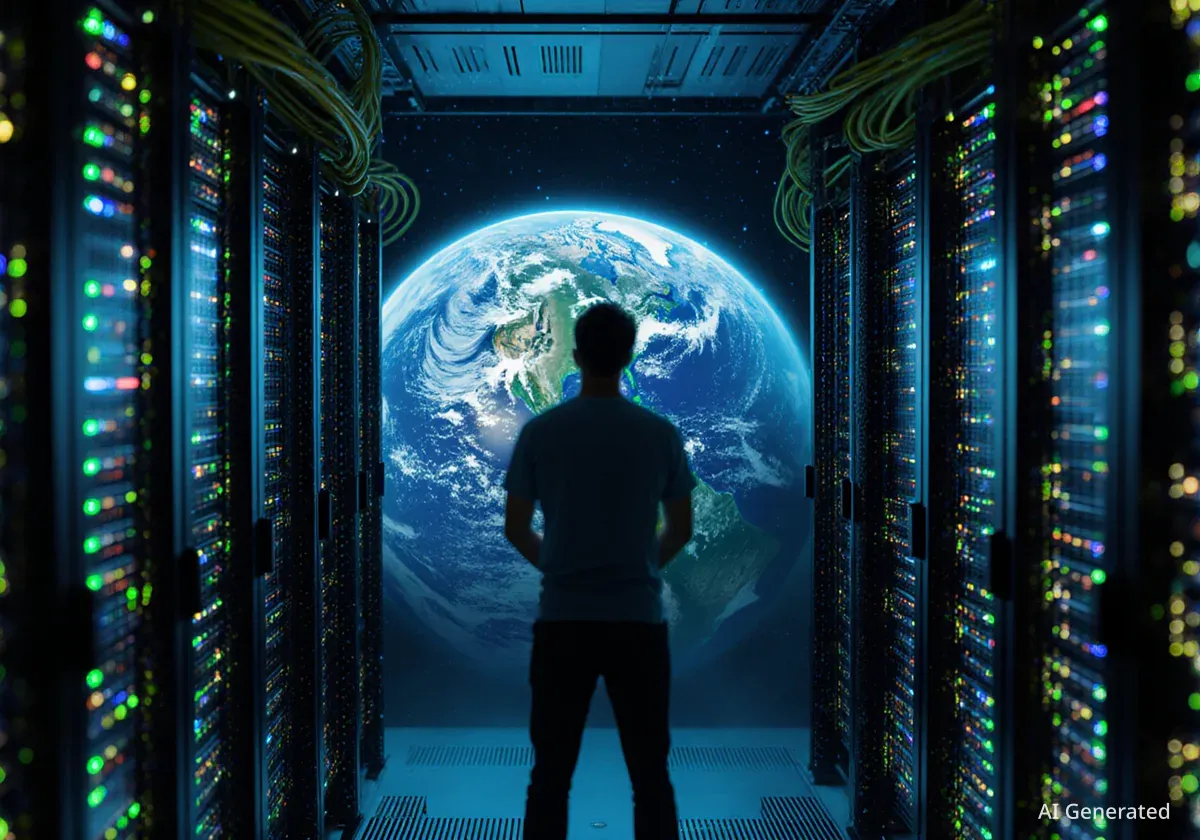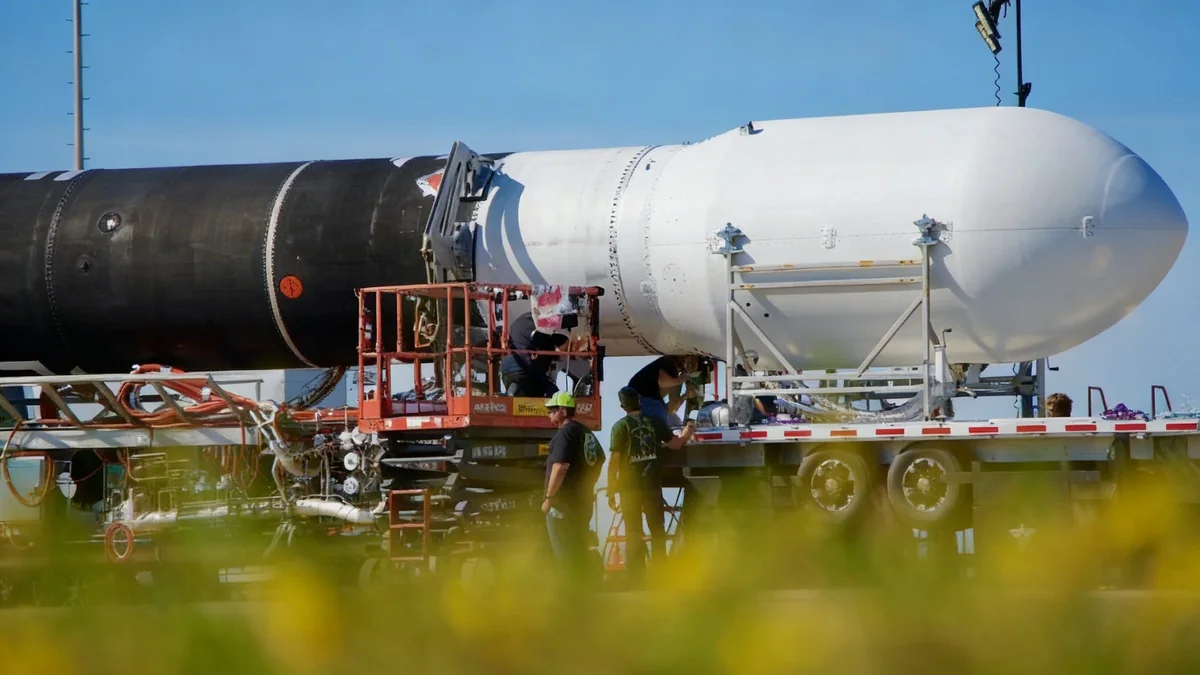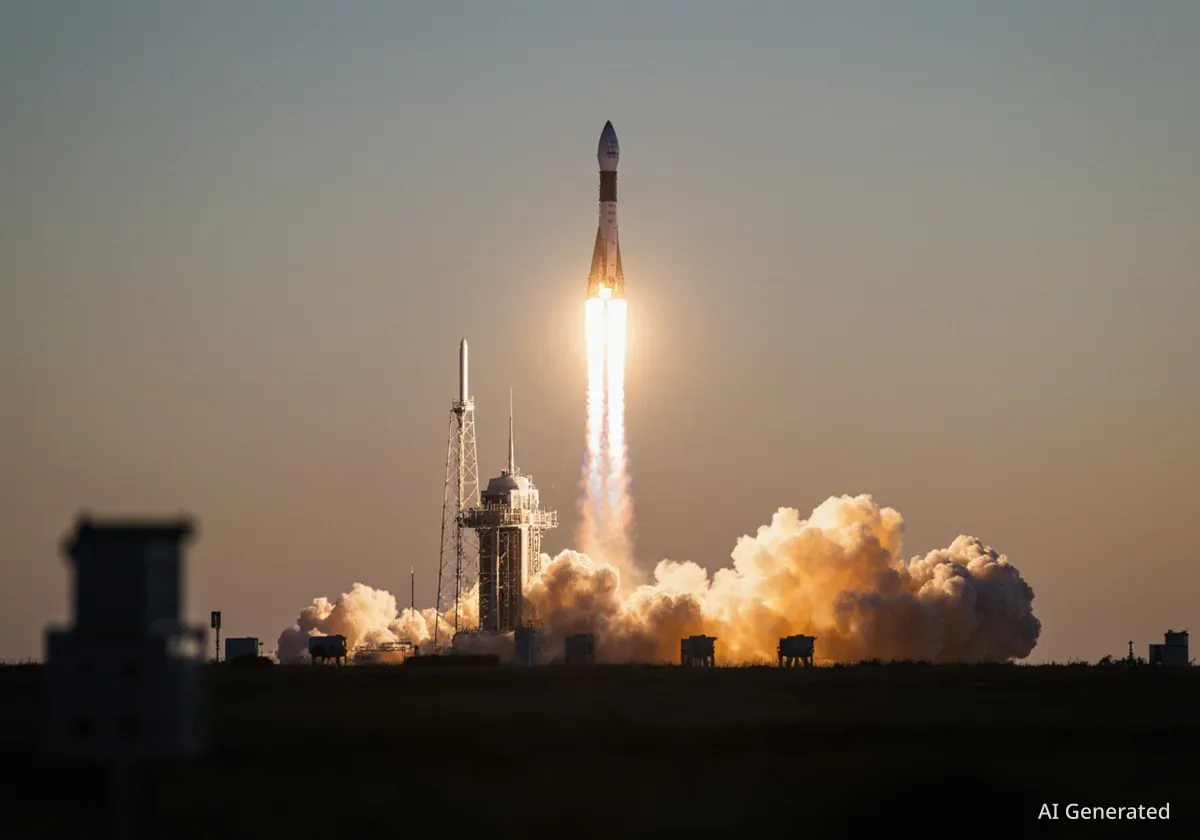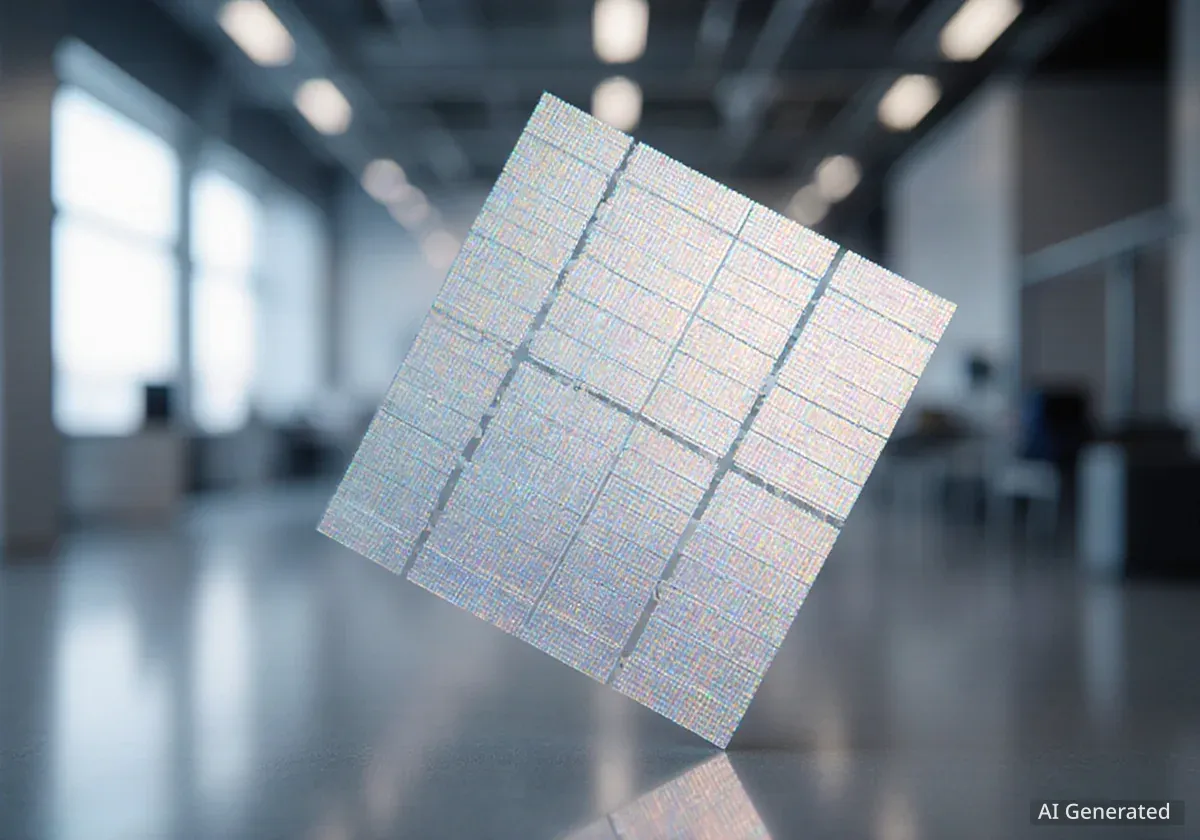Australia's first female astronaut, Katherine Bennell-Pegg, states that space-based technologies are essential for managing natural disasters like bushfires and floods. Now serving in a dual capacity with the Australian Space Agency and the Royal Australian Air Force reserve, she is advocating for greater integration of space capabilities to address critical challenges on Earth.
Key Takeaways
- Katherine Bennell-Pegg emphasizes that satellite observation is crucial for identifying and managing bushfires, floods, and other environmental issues in Australia.
- She holds roles as Director of Space Technology at the Australian Space Agency and as a Specialist Capability Officer in the RAAF reserve, bridging civilian and defense space efforts.
- Bennell-Pegg highlights the need for more women and diverse professionals in the space sector, which is projected to triple in size globally over the next decade.
- She advocates for collaboration between government agencies to fully utilize space as a resource for national security and environmental management.
An Orbital Perspective on Terrestrial Issues
According to Katherine Bennell-Pegg, space is not a distant concept but a practical tool for solving problems on the ground. She describes space as an "eye in the sky" that provides a unique vantage point for observing large-scale phenomena across the globe and specifically within Australia.
This perspective is critical for effective disaster response. "It's how we can identify bushfires and floods and help to manage them," Bennell-Pegg explained. The data gathered from satellites can help authorities monitor the spread of fires, assess the extent of floodwaters, and direct resources more efficiently.
The applications extend beyond immediate disasters. Bennell-Pegg noted that space technology is also used to monitor environmental conditions, such as the algal blooms that have affected South Australia, and to oversee remote industries vital to the nation's economy.
The Role of Earth Observation
Earth observation (EO) satellites use various sensors to collect data about the planet's physical, chemical, and biological systems. This information is used for weather forecasting, climate monitoring, agriculture management, and urban planning. For disaster management, EO provides near real-time imagery that is invaluable for emergency services.
Bridging Civilian and Defense Space Capabilities
Bennell-Pegg's career uniquely positions her at the intersection of Australia's civilian and defense space sectors. In addition to her role as Director of Space Technology at the Australian Space Agency, she was appointed a Specialist Capability Officer in the Royal Australian Air Force (RAAF) reserve in December.
She stresses that the Australian Space Agency works "hand in hand" with the Australian Defence Force (ADF) and other government bodies. This collaboration is designed to ensure the nation can "utilise space to our best interests."
"Space is ultimately just a place, like the ocean is a place. It's an eye in the sky from which we can see phenomenon around the world, and activities across Australia."
Her connection to the military began 20 years ago as an engineering intern working on the RAAF's C-130 Hercules aircraft. The ADF stated that her recent appointment would "greatly enhance" its capabilities, signaling the growing importance of space in national security.
Inspiring a New Generation for a Growing Industry
Since completing her astronaut training at the European Astronaut Centre in Germany, Bennell-Pegg has been traveling across Australia. Her goal is to inspire young people to pursue careers in the space industry.
"It's been really humbling since I came back from astronaut training to be out and about across Australia... and just seeing the stars in young kids' eyes," she said. This outreach is crucial as the global space sector undergoes rapid expansion.
Projected Industry Growth
The international space sector is expected to triple in size over the next ten years. This growth creates a significant demand for a skilled workforce in a wide range of fields, presenting a major opportunity for Australia.
Bennell-Pegg is quick to point out that the industry needs more than just astronauts and rocket scientists. "Yes, we need engineers and scientists, but we also need a full industry," she stated. "Almost any job in life that you put 'space' in front of, there's a space job."
A Call for Greater Diversity in Space
As Australia's first and only female astronaut, Bennell-Pegg is a strong advocate for increasing the number of women in the field. To date, just over 10 percent of all people who have traveled to space have been women.
She argues that diversity is essential for innovation and problem-solving. "We need all kinds of thinkers, all kinds of doers to identify and solve problems and make discoveries," she said. This diversity is also critical for scientific research conducted in space.
"In space, you're a medical test subject as well… so for women on Earth to benefit, you need more women in space," Bennell-Pegg explained, highlighting the importance of including female physiology in space-based medical studies.
Australia's Enduring Connection to Space
Bennell-Pegg emphasizes that Australia has a deep-rooted history in space, predating the modern space age. She points to the nation's rich astronomical heritage.
- Ancient Astronomy: "We've got the world's oldest astronomers in our First Nations Australians."
- Modern Space Age: "At the start of the modern space age there were rockets launching from the red dirt of Woomera."
This historical context provides a strong foundation for the country's future in the expanding space economy. With a major international space conference set to take place in Sydney, Bennell-Pegg believes it is a critical time to showcase Australia's capabilities and encourage further investment and participation in the sector.
Her message is clear: Australia has always been a participant in space exploration and observation, and its role is set to become even more important in the coming years, both for global discovery and for managing challenges at home.
